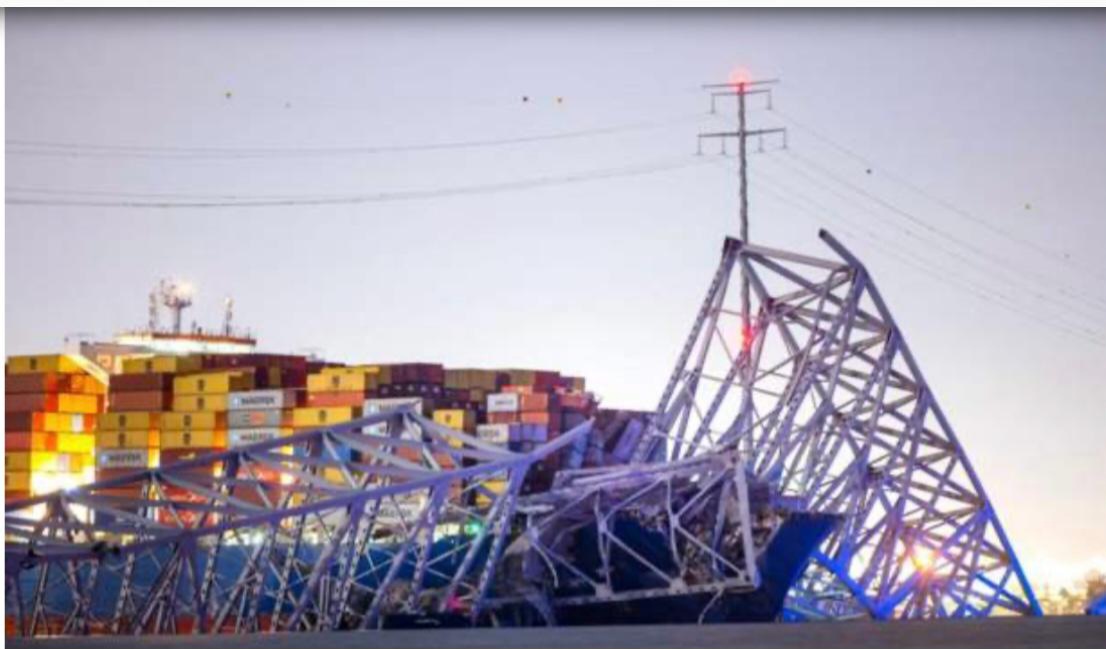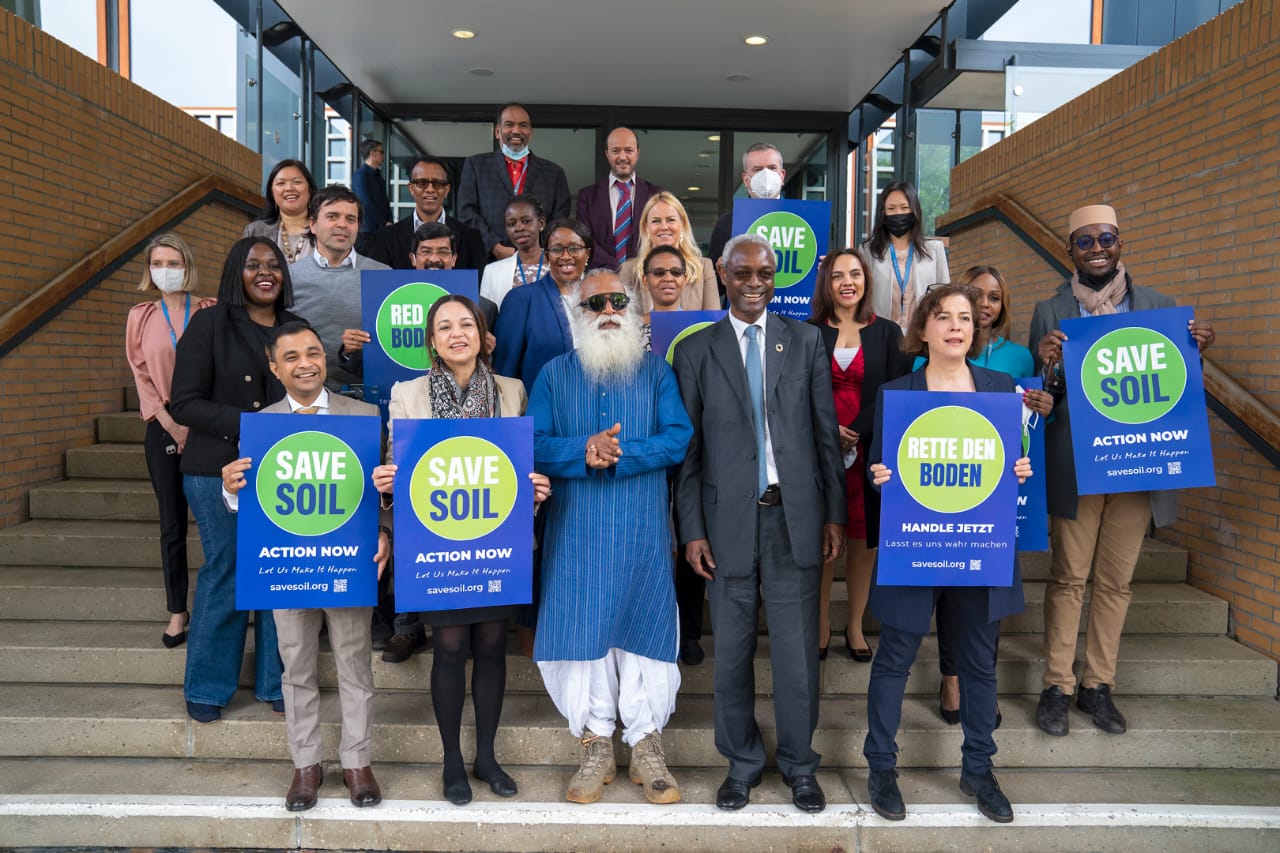Trending Now
- 830 voters names go missing in Kavundampalayam constituency
- If BJP comes to power we shall consider bringing back electoral bonds: Nirmala Sitaraman
- Monitoring at check posts between Kerala and TN intensified as bird flu gets virulent in Kerala
World News
Germany coalition deal: Merkel promises action on jobs and EU
![]() March 6, 2018
March 6, 2018
Angela Merkel has said it is important that a new government gets to work quickly after the longest period of coalition-building in post-war Germany.
She said she would work to secure jobs and prosperity, and promised to provide a strong voice for Germany in the EU.
The chancellor is set to form her fourth government after the opposition Social Democrats (SPD) voted in favour of another grand coalition on Sunday.
Two thirds of SPD members backed the deal, despite the threat of veto.
The SPD had been split between the party’s leadership, which backed joining the coalition, and its radical youth wing, which did not.
1.Germany’s young radicals hoping to derail agreement
2.Angela Merkel’s quiet power
3.Germany’s shrewd survivor, Angela Merkel
“Almost six months after the election, the people expect something to happen now,” Mrs Merkel said in a short statement on Monday.
“We see that Europe faces challenges and that a strong voice from Germany, along with that of France and other member states, is necessary,” she added, pointing to issues including conflict in Syria and world trade.
High price
German President Frank-Walter Steinmeier has formally proposed Mrs Merkel as chancellor to the lower house of parliament.
She faces a range of challenges, including strong opposition from the nationalist Alternative for Germany (AfD).
The anti-immigrant party entered the federal parliament for the first time in September with just over 12% of the vote and now makes up the largest opposition group.
The SPD suffered its worst ever election result and many blamed their coalition with Mrs Merkel’s Christian Democrats (CDU/CSU) for that poor performance.
Mrs Merkel, who also did badly, losing 65 seats, had tried and failed to form an alliance with the liberal Free Democrats (FDP) and the Greens.
She was forced to pay a higher price for continuing the existing coalition – the new finance minister will be a Social Democrat.
The SPD will now decide who will fill the six ministerial roles it is entitled to before Mrs Merkel’s expected election by parliament on 14 March.
Merkel has her work cut out
Germany has waited nearly six months for this. Its new government is a continuation of the last one – a coalition between Angela Merkel’s conservatives and the Social Democrats, or SPD.
Mrs Merkel will no doubt be relieved. But this is no glorious victory. The SPD – which had the final say on the coalition deal – has torn itself apart over the decision to renew the alliance. Many members still oppose it and the internal schism has worsened what were already dismal approval ratings.
There’s also limited public enthusiasm for the union. Months of political wrangling (don’t forget Mrs Merkel tried – and failed – to form a coalition with the Green and FDP parties) have done little to inspire confidence in Germany’s established parties.
Angela Merkel, herself profoundly damaged by the whole episode, has her work cut out now if she’s to deliver the stability she promised her country.
























